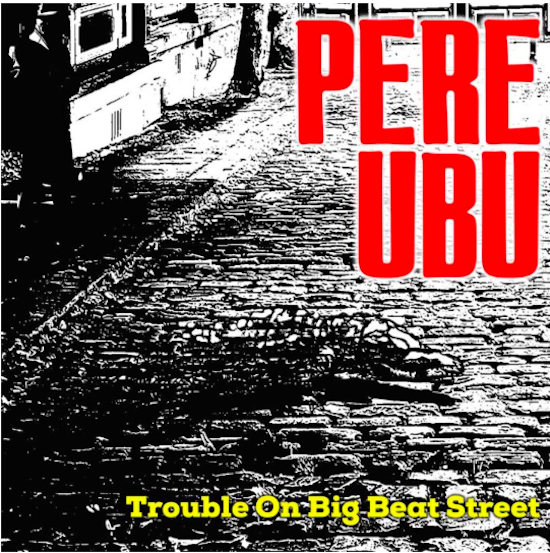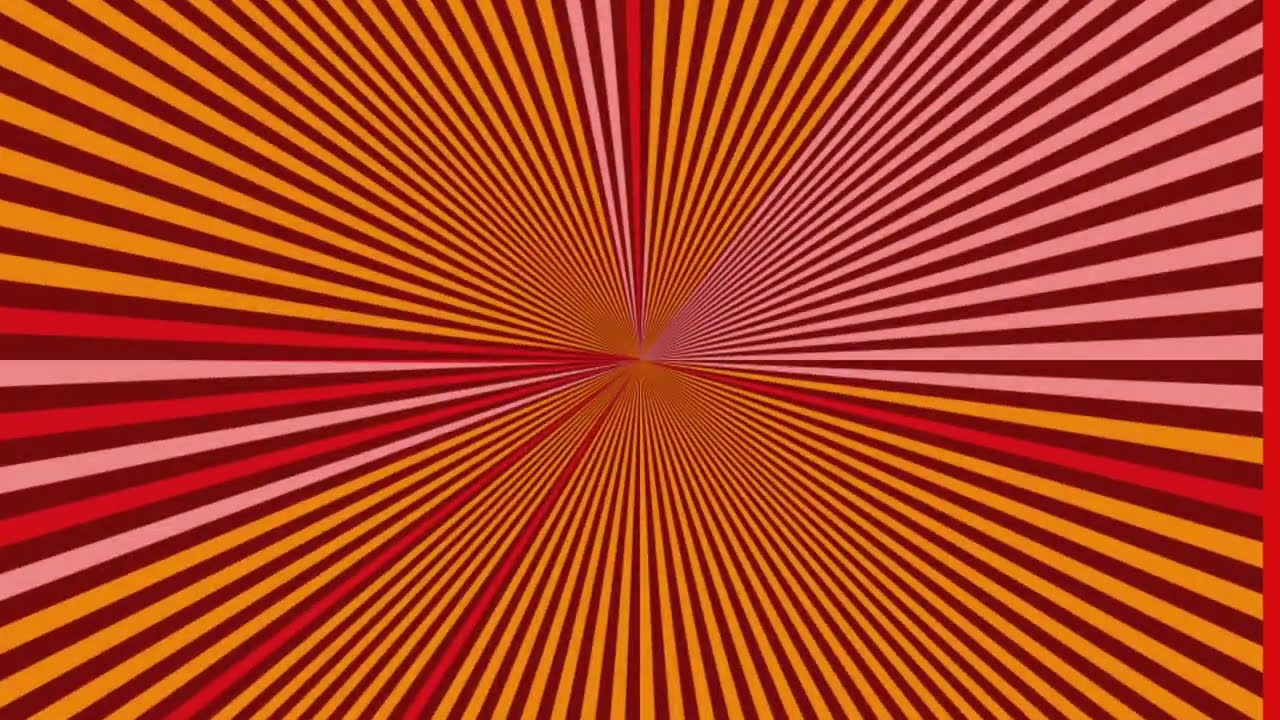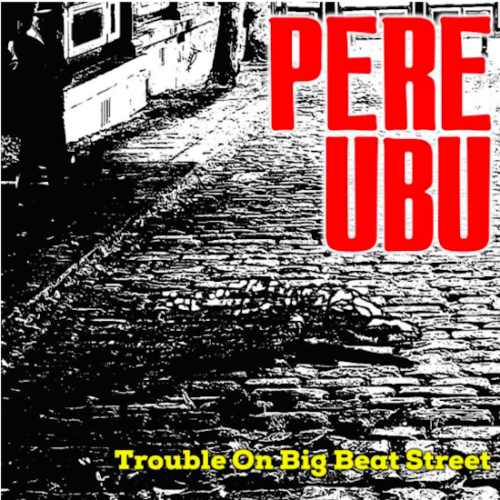Looking back at the challenging period between Pere Ubu’s last studio recording, 2019’s The Long Goodbye, and the present release, it is a wonder that this album exists at all, let alone that it turned out as fantastic as this. A severe downturn in main man David Thomas’ health in 2017 forced the band to cut short their American tour, and thinking this might be his last roll of the dice, Thomas threw himself wholly into constructing what might well have turned out to be his final statement. The doggedly persistent Thomas responded well to treatment, however, only to find himself in the midst of a worldwide pandemic just a few years later. Vulnerable to the virus due to his condition, and unable to tour anyway, due to the international lockdown, Thomas reinvented himself with the aid of manager Kiersty Boon, as the presenter of the Pere Ubu video channel DPK TV. Some of the channel’s content included live shows broadcast from Thomas’ home, with varying line ups. Alex Ward, whose background in improvised music goes back to the mid-80s when he worked with Derek Bailey, apparently ‘auditioned’ by sending Thomas a video of himself performing an Ubu track. Then in April 2022, there was a gig at Café Oto, with some of this material appearing in embryonic form.
This line up consists largely of musicians Thomas has worked with for many years: Michelle Temple, Ubu bassist for the last three decades; Keith Moliné and Andy Diagram who were Thomas’ backing in his Two Pale Boys group; Gagarin (Graham Dowdall), who in the early 80s was the drummer in Manchester post-punks Ludus, providing beats and other electronics; Alex Ward on guitar and clarinet; Jack Jones on Theremin. Moliné has been the guitarist in Ubu since 2002 but it’s the addition of his old Two Pale Boys colleague Andy Diagram’s electronically sculpted trumpet soundscapes that really gives this material a flavour of that looser, improvisational group. It’s especially noticeable on the stunning opening track ‘Love Is Like Gravity’, which when I first heard it provided an immediate shot of euphoria, as well as an eager anticipation of a slightly different road this Ubu album might be taking. Ward’s clarinet too, about a third of the way in, has a wonderfully unexpected Dixieland jazz feel to it. ‘Moss Covered Boondoggle’ chugs along, emitting bleeps and crunchy bits of static, an American groove-rock take on krautrock propelled by Temple’s bass and layered with diverse sounding voices. ‘Crocodile Smile’ starts off exactly like ‘Drive’ from Pennsylvania, then pauses abruptly and rearranges itself into a different order, with a different beat. “I’m gonna’ run to you”, Thomas sings, before adding with dark but humorous intent “well, I’m gonna’ crawl to you”.
There are plenty more highlights, especially on the CD version, which has seventeen tracks as opposed to the vinyl’s ten. There are also some tracks that don’t work quite so well. ‘Worried Man Blues’, for example, is still a fine track, but as one of the more obvious pieces on the album it fares less well when heard against the more surprising tracks. ‘Crazy Horses’ for instance, initially threw me. I knew it was a cover but couldn’t think who had recorded the original. It was, of course, The Osmonds. Ubu make it sound like a wonky disco hit, which is tremendous fun. The wild ‘Pidgin Music’ sounds like a proto-electronic Sun Ra solo keyboard excursion. ‘Nothin’ But A Pimp’ lurches along, threatening to become funky with Temple’s bass rumbling underneath but never quite getting to it. The extra tracks that don’t appear on the vinyl version are looser and stranger than the ones that preceded them, but the two aspects of the album, the songs and the more far-out sonic excursions, complement each other well. As much as I personally prefer vinyl as a physical format, the album works best with all seventeen songs.
This might not be a perfect album, but given that one suspects the element of chaos in Ubu’s inner workings will always be an essential part of their process, that might not be an entirely desirable outcome anyway. What it is though, is another great Pere Ubu record, one imbued with a more upbeat emotional sensibility than its predecessor, with some memorable songs and some wild sonic experiments. It’s a snapshot of where the band are right now, as well las a hint of where they might still go in future.




